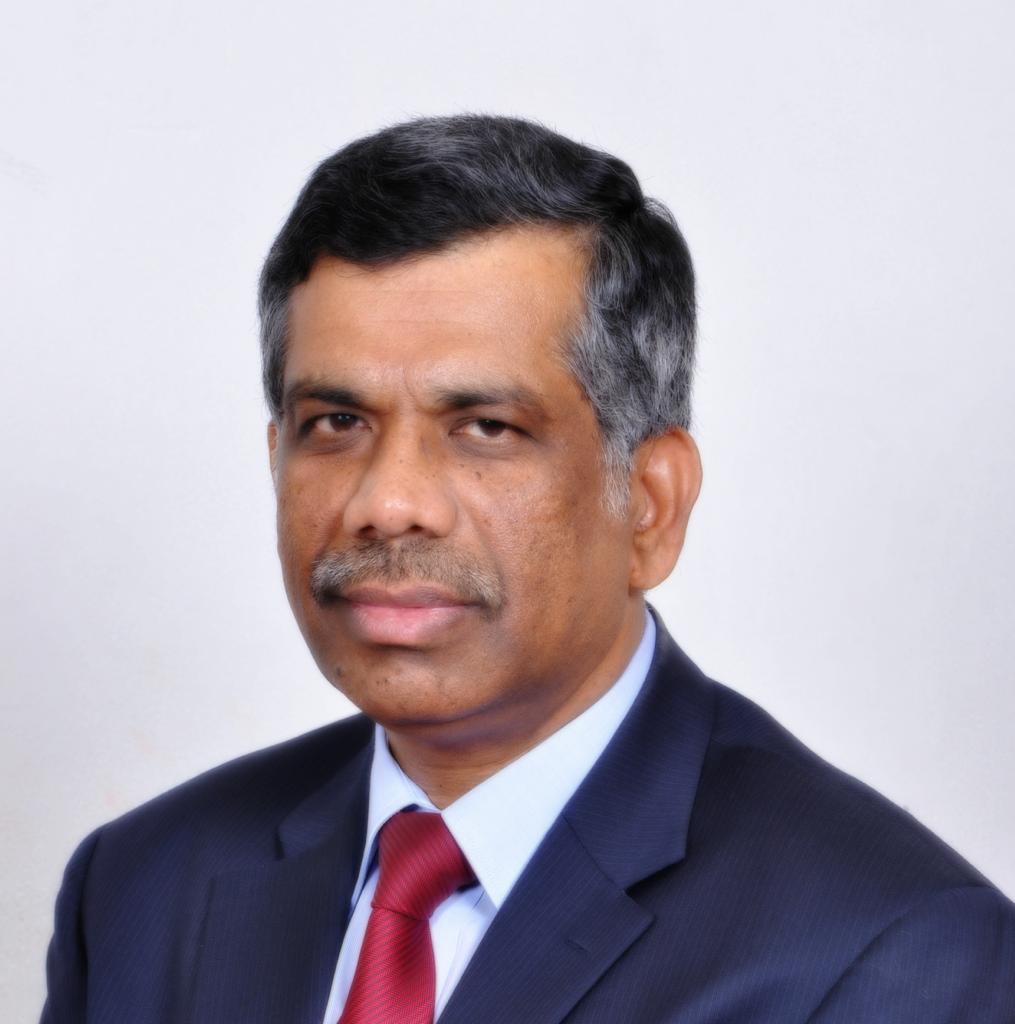Bahrain needs to urgently amend inheritance law for non-Muslims, expatriates, say legal professionals
TDT | Manama
The Daily Tribune – www.newsofbahrain.com
Bahrain has one of the best wage protection laws and investor-friendly laws, but its inheritance rules need a tweak to facilitate the easy transfer of funds to legal heirs in case a labourer or resident dies, say legal professionals.
As per the existing system, in the event of the death of an expatriate, all bank accounts, including any joint accounts are immediately frozen until an order is issued by the court here.
“A duly notarised/apostilled certificate to confirm the legal heirs or a court order issued by the passport issuing country of the deceased should be produced to the court here.
On an average for most countries this takes anything between three and six months. Add to this, an additional four-six months are usually lost in waiting for the Bahrain Court Order to release these funds,” said Bahraini Advocate Wafa Al Ansari, who is a leading lawyer at the Court of Cassation and Indian Advocate V K Thomas, a legal consultant in Bahrain.
Speaking to The Daily Tribune, Ms Wafa said there are as well many additional hurdles. “Even Wills attested in Bahrain need to be executed through the court. From a humane perspective, for several expatriates this can mean no access to any funds, sometimes even for funeral proceedings or repatriation of the body. To make this worse, there are oftentimes children involved and living expenses of families or even tickets home that cannot be paid for due to a complete lockdown of all family funds.”
She highlighted that the law in focus for expatriate families that dealt with inheritance is the one issued in 1971 dealing with the Inheritance and Settlement of Estates of Non-Muslims in Bahrain, Commercial Procedure Code of 1971, combined with the rules and regulations of the Central Bank of Bahrain.
“If you see, approximately 52 per cent of the Kingdom’s population are expatriates. However, the laws that govern the personal and inheritance matters are the same since 1971 when the expatriate proportion was a mere 17.5pc.”
The leading lawyers suggested immediate amendments to the existing rule that could include allowing operation of bank accounts with “either or survivor” or “nominations”; or (ii) exempt salary or joint accounts from needing a court order; or (iii) limiting the amount of money that can be withdrawn per month till the court order or (iv) allowing Wills to be notarized, which should allow the executor to operate bank accounts without any further process or court order.
“With globalisation and banking systems so well connected, perhaps the time is right now to ease the very painful process of gathering up one’s life after losing an earning member. A change in the law and rules that govern the settlements of estates of non-Muslims in Bahrain is an urgent need of the hour. In times of grief, a compassionate look at the process of helping people living away from home is becoming a necessity,” they pointed out.
“Whether expatriates or citizens, the money earned in Bahrain has been through hard work and families and lives depend on the same. For a country as benevolent and welcoming of expatriates as Bahrain, it seems surprising that residents who spend their lives earning for and adding to the Bahrain ecosystem, should be denied a basic comfort that their loved ones will be given what is rightly theirs without a legal battle,” she added.
The lawyers also highlighted the immediate requirement to establish a simple and clear procedure for making Wills and their execution. “Wills issued outside Bahrain must be probated and a copy of the Probate duly legalised by Bahrain Embassy or apostilled should be submitted to the courts to get judgement and release funds.
“Non-Muslim expatriates and non-Muslim Bahrainis are now able to make Wills in Bahrain. Wills must be signed in front of a religious leader e.g. Wills written by Christian expatriates must be witnessed or signed in front of a priest and then attested by a notary.
This process defects the purpose of a Wills, as it loses its confidentiality. Wills are kept confidential and registered in some countries.
“Execution of the Wills requires approval by the Court or confirmation of appointment of the executor pursuant to Article 5 of the Decree Law No. 11 of 1971. It is high time the authorities establish a simple and clear procedure for making Wills and their execution by the Court or allow authorities to accept Wills issued in Bahrain for all purposes without any court order/judgement confirming the executor as this will avoid delay in the process Indian Advocate V K Thomas, a long-term resident in Bahrain told The Daily Tribune that the formalities and procedures in the countries of origin including India are complicated, difficult, time consuming and expensive.
“If an Indian expatriate dies here, his legal heir will have to spend huge amounts and time in India to prove his/her legal heirs before the authorities there. The process could take up to six months, worsening the plight of the distressed family.”
He suggested that a register of Wills of non-Muslim expatriates and non-Muslim Bahrainis may also be maintained.
“As in certain other GCC countries, a separate court with proceedings in English should be established to deal with personal matters like, marriage, divorce and inheritance of non-Muslim expatriates and non-Muslim Bahraini nationals.”
He said the Kingdom has been witnessing a surge in investments from expatriates in many sectors including real estate and amendments to the existing inheritance laws would further boost the inflow of investments from abroad.
“Golden Visa is another latest scheme initiated to attract foreign talent and foreign investors into the Kingdom.”
The Daily Tribune could learn that there are a few expatriate business families, who have been engaged in “long legal procedures in the country of their origin” to establish legal heirship following the sudden death of their family head.
ADVOCATE WAFA AL ANSARI
ADVOCATE V K THOMAS
Related Posts



